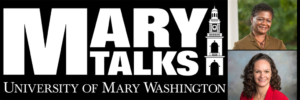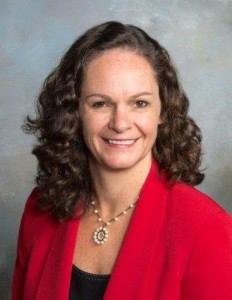
Vice President for Student Affairs Juliette Landphair
Vice President for Student Affairs Juliette Landphair published a piece about the recent 16-year anniversary of the Virginia Tech shootings, her connection to the tragedy, and the reform, including threat assessment training and expertise, that has transpired in higher education in the years since. Read the piece in The Richmond Times-Dispatch and in The Free Lance-Star.

